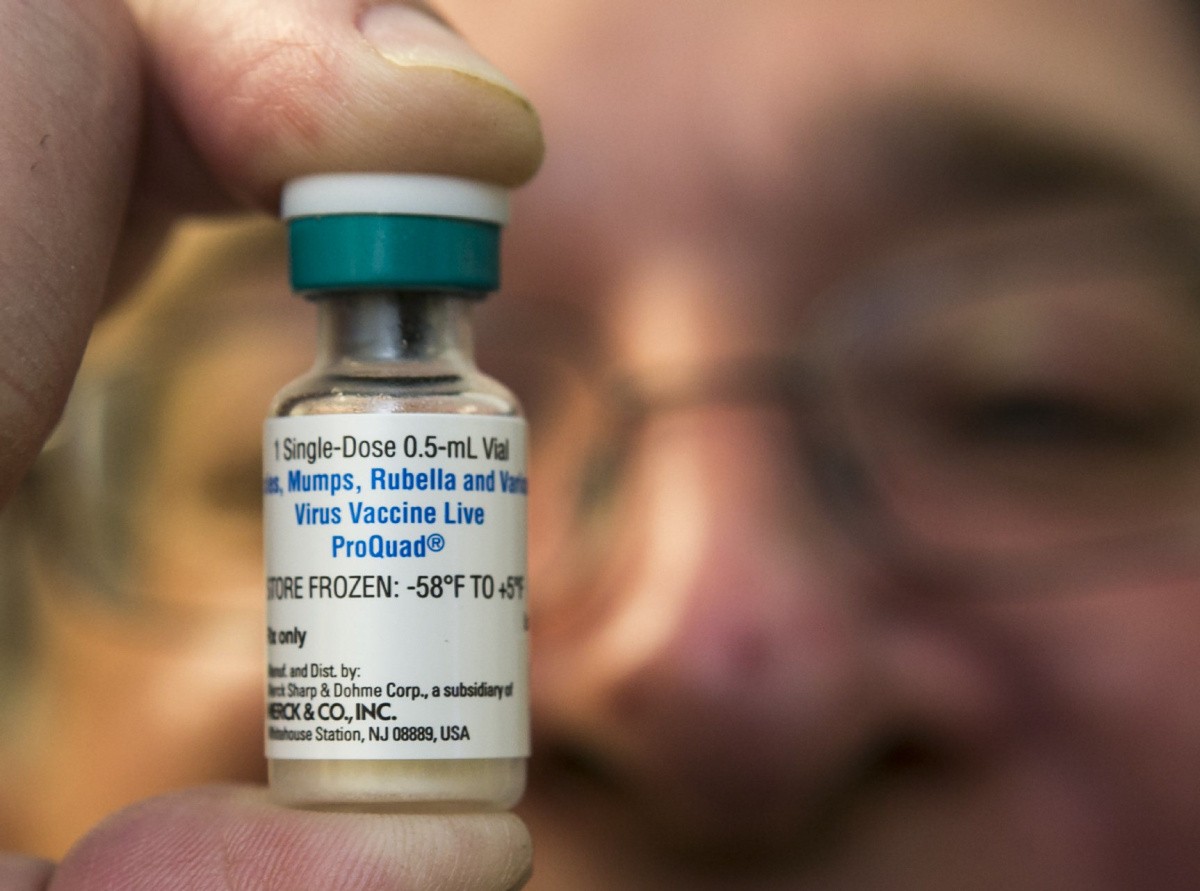
You're in a crowded subway car on a Tuesday morning, or perhaps on a city bus. Still-sleepy commuters, lulled by vibrations, remain hushed, yet silently broadcast their thoughts. A toddler in his stroller looks warily at his fellow passengers, brows stitched with concern. He turns to Mom for reassurance, reaching out a small hand. She quietly takes it, squeezes, and releases. He relaxes, smiles, turns away—then back to Mom. She takes his hand again: squeeze and release.
It looks like the American Psychological Association (APA) is now interested in the power of language and its physiological effects on the body. Interestingly, some new research offered a solution right in its results that did not involve drugs. A technique like this could prove helpful to people who want to prevent panic attacks, dreadful doldrums and dead-end medication.
The study recently published by the APA in their Journal of Experimental Psychology used real-world examples from scenarios that invoke a lot of anxiety such as public speaking, singing and math tests. But, the results can be applied to any life situation.
Study author, Alison Wood Brooks, PhD, of Harvard Business School said:
Anxiety is incredibly pervasive. People have a very strong intuition that trying to calm down is the best way to cope with their anxiety, but that can be very difficult and ineffective.
When people feel anxious and try to calm down, they …
If there's a most appropriate time to communicate via touch, it's probably when someone needs consoling. “Research shows that touch is the best way to comfort,” says Guerrero. “If you ask people how they'd comfort someone in a given situation, they tend to list pats, hugs, and different kinds of touch behaviors more than anything else. Even opposite-sex friends, for example, who usually don't touch a lot so they won't send the wrong signals, won't worry about being misinterpreted,” she says.
Maybe that's because there are times—during intense grief or fear, but also in ecstatic moments of joy or love—when only the language of touch can fully express what we feel.
Please Read this Article at NaturalBlaze.com





Leave a Reply